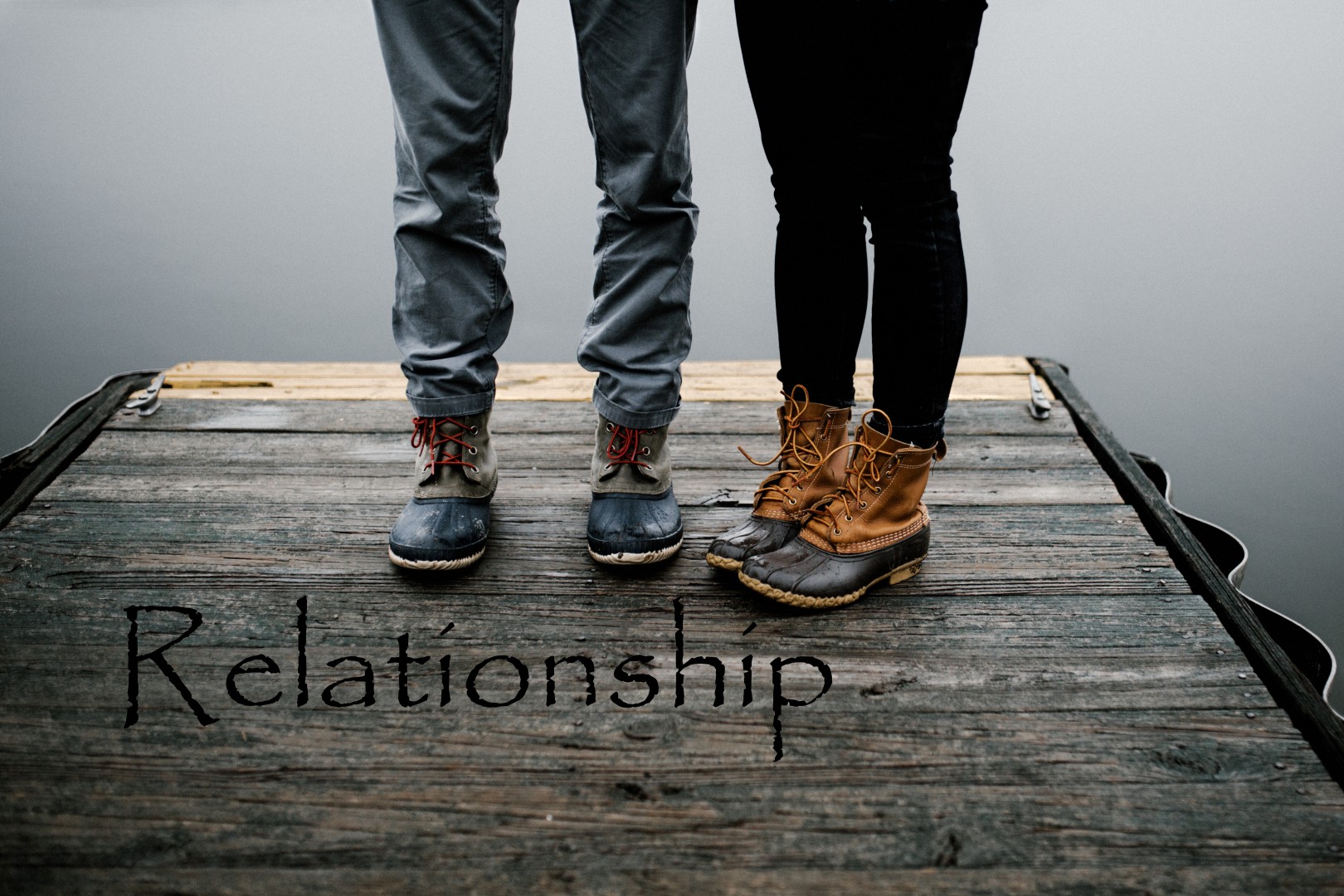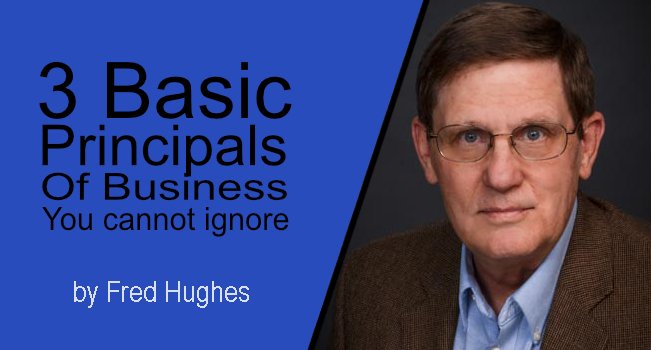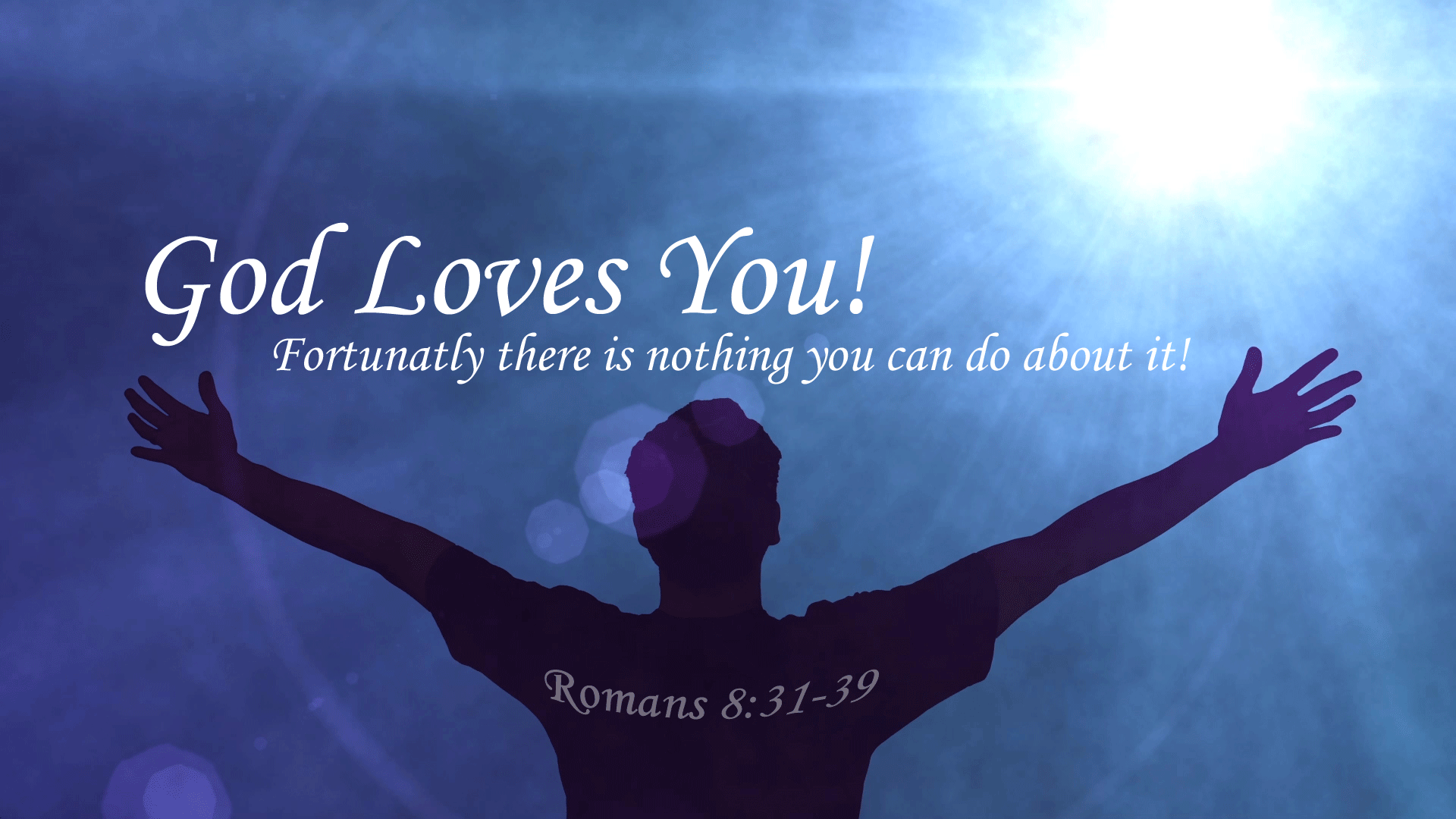
Relationship
Let’s talk about relationship!
There are many different kinds but three basic types that I want to point out. Choosing the type is critical in establishing a relationship that actually works out for both, or all parties. Before we start talking about the three types, allow me to make a brief statement about intent first. The intent is the foundational set of values that all parties must agree upon. The bedrock of this relationship is for the purpose of _________. Filling in that blank is massively important. Before you can build anything, you have to draw the plans, buy the lot, level the ground, and pour the foundation. Omitting the foundational development is deadly to the success of any relationship, especially long-term relationships.
- Agreement – The basis of this type is to accomplish a task or an event. An agreement is personal and can be powerful, but usually it has a specific term, duration or goal. The agreement ends when accomplished, completed or there is a loss of agreement.
- Contract – A contract is often legally binding and very specific rules and requirements are reached and held. A binding contract is signed and set into action. Termination is reached in the fulfillment of the contractual terms, or legal breach of the contract occurs. A contract is a deeper level of agreement and often has more resources involved, thus the legal aspect.
- Covenant – Like the other two, it is an agreement. However, that is where the distinction takes a major turn. It is more than an agreement, more than a contract, it is a life commitment that involves vows that make all parties one new entity. The individual rights are dismissed, and those entering the covenant are made one. All parties are equal in rights and obligations. As an example: Covenant would be cut between two tribes of people. One tribe was agrarian and good food producers, but poor warriors. The other tribe were great warriors but were often hungry. Covenant was cut. This means an animal was cut into two halves, and the two tribes would assemble in the middle of the divided carcass. They would vow a union and exchange garments, weapons, and other identifying articles, so they were one people. The weaker would usually take on the name of the stronger, or they together establish a new name together. This practice is called a blood covenant and in most civilizations was common practice up until modern times. Needless to say, a covenant is the deepest, most intent relationship people enter.
I point out these relationship types in order to ask the question, “What foundation are you laying? What type of relationship are you building — a friendship, civic organization, company, marriage, church or family?” You may be building several at the same time!
Allow me one final thought. I recommend that you should set a priority on the most important relationships and that in turn will have a positive effect on the others.
Your relationship with God is the highest covenant level union you can build. and if you are Christian it is Jesus who shed His blood for a relationship with you. When your covenant with God through Christ is healthy, your relationship with your spouse is better, and your children benefit from your healthy marriage.
If you are building a marriage relationship, by its nature it must be a covenant. Contracts and agreements do not possess the strength to endure. The central differentiation is laying down self in order to form a new selfless “we.”
If you are building a business or organization, there are more levels than in marriage. The partnership or leadership may be able to function at a covenant level, while the workforce may operate at the contract level. The clients may be served at an agreement level. Each relationship type has a purpose and can be very effective. Choosing the wrong type may negate the relationship completely.
The value of building relationships the right way for the right reasons is worth the time and investment you put into them.
I sincerely believe that walking in love is the key to any relationship. When you operate in the kind of love described in the passage below, you can rest assured it will strengthen and affirm the relationship.
1 Corinthians 13: 4-8 (NIV)
4) Love is patient, love is kind. It does not envy, it does not boast, it is not proud. 5) It does not dishonor others, it is not self-seeking, it is not easily angered, it keeps no record of wrongs. 6) Love does not delight in evil but rejoices with the truth. 7) It always protects, always trusts, always hopes, always perseveres. 8) Love never fails.
Look also at verse 13: And now these three remain: faith, hope and love. But the greatest of these is love.
John 13:34 (NIV)
34) “A new command I give you: Love one another. As I have loved you, so you must love one another.
Finally, one factor that destroys many relationships is fear, it comes in many forms, but it is a destructive force at work against most relationships.
1 John 4:18 (NIV)
18) There is no fear in love. But perfect love drives out fear, because fear has to do with punishment. The one who fears is not made perfect in love.
Blessings, my friends! My hope and prayers are that you will be encouraged and empowered in your relationships by walking in love.
Fred Hughes, M. Photog.
Read this and other blog posts on our websites.



